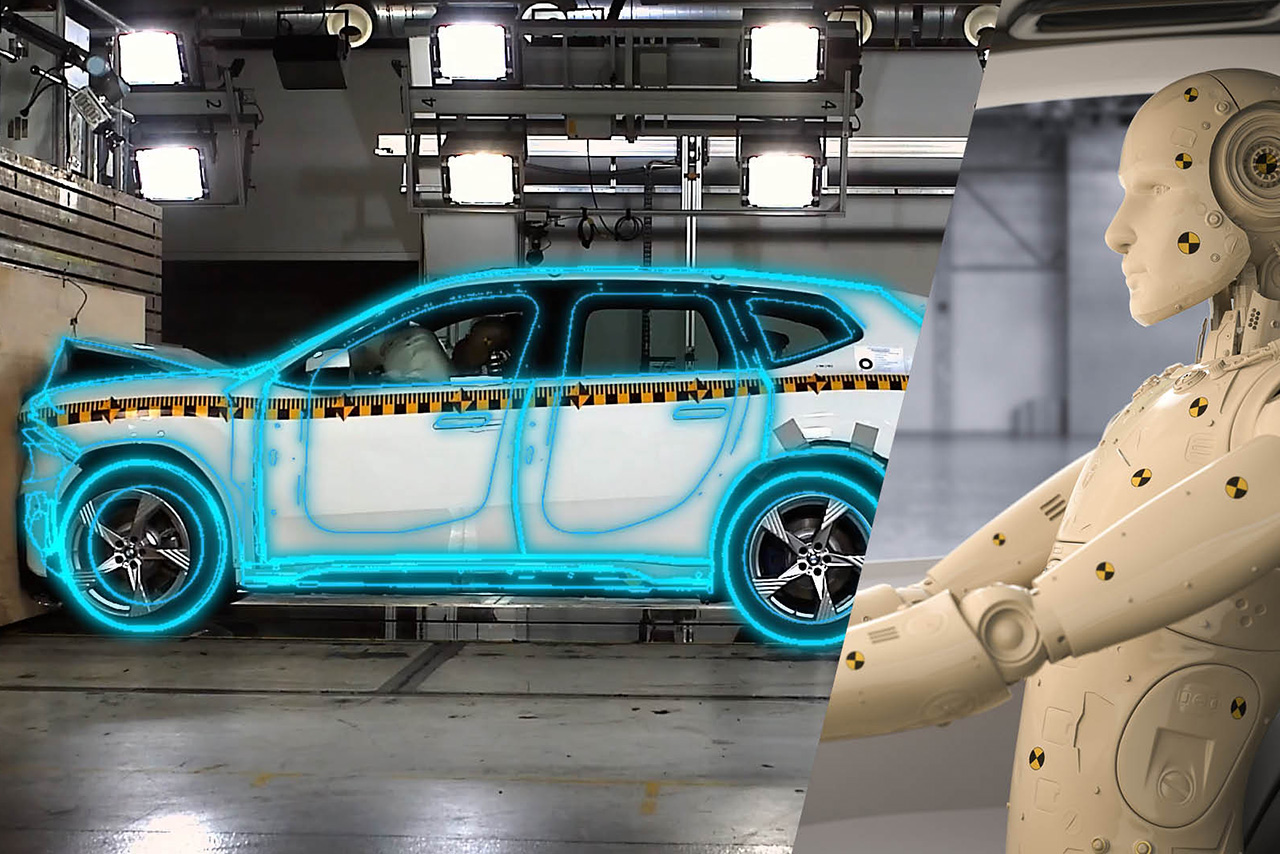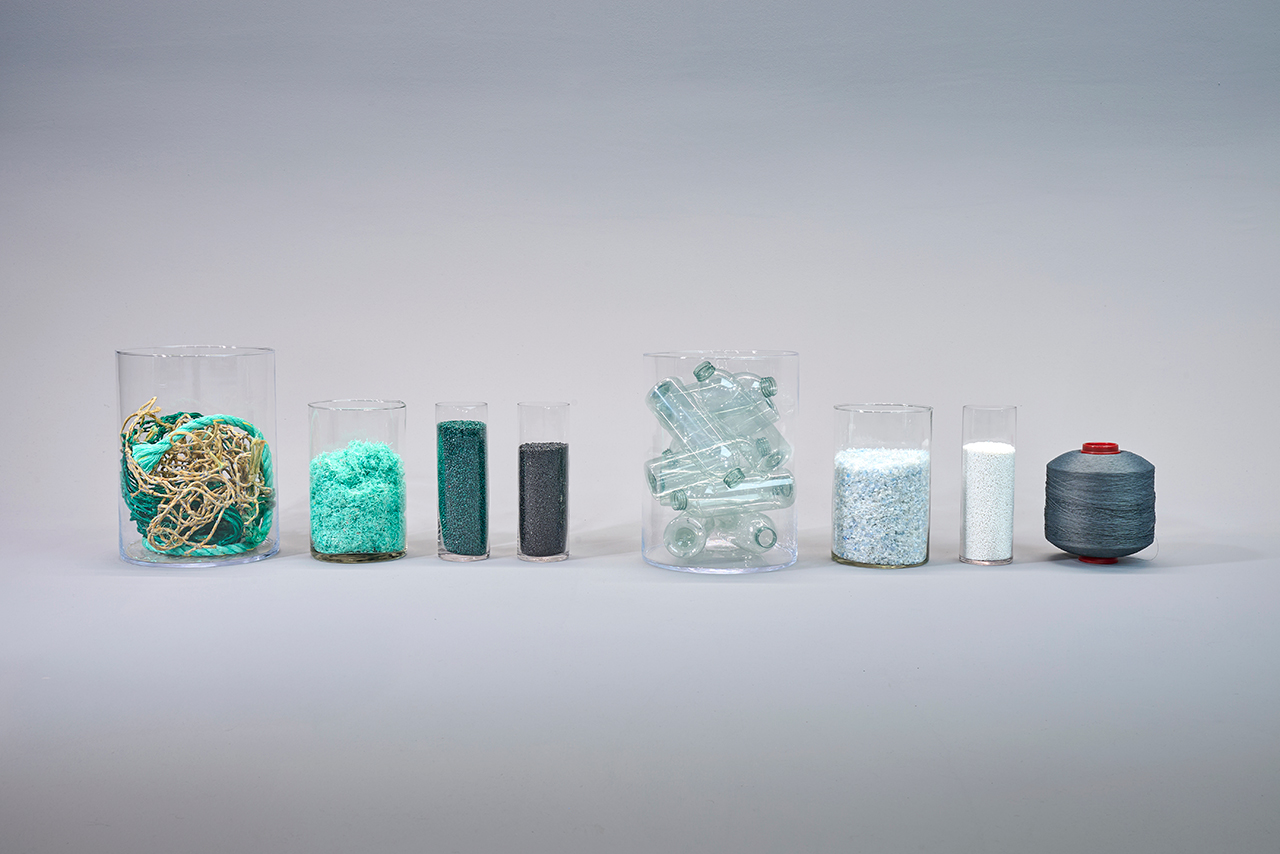Promised – delivered. When it comes to sustainability, the BMW Group doesn’t just talk the talk. We deliver as well. From CO2 emissions to diversity, the BMW Group Report 2020 presents some of the goals the company has set itself – and achieved. The following interview offers some insights into these goals.
CCO2 fleet emissions – Target overfulfilled
Promised: We aim to reduce CO2 emissions from our European new vehicle fleet by half between 1995 and 2020. Delivered: We even managed to overfulfil our promise with a reduction of minus 53 percent.
The BMW Group overfulfilled the EU’s CO2 fleet limit for 2020. Christian Miedaner is responsible for CO2 reduction during the product use phase. In this interview, he explains how the BMW Group succeeded.
A CO2 strategy for the product use phase – what does that mean?
Christian Miedaner: The task is to ensure our products meet all market-specific regulatory requirements for fleet consumption and CO2 fleet emissions – not just in the short term, but also medium and long-term. A lot of markets still haven’t even passed legislation for the period after 2025. But we have to make sure the vehicles we are currently developing will comfortably meet requirements at that time.
The key figures usually refer to CO2 fleet emissions for new vehicles in the EU why is that?
Christian Miedaner: The European Union’s CO2 limits have been among the strictest for years worldwide. And its targets will remain the most ambitious in the future. In many respects, meeting their requirements is the biggest challenge. That’s why we make fulfilling EU targets our main focus. Think of it this way: Once you’ve met European requirements, it’s a lot easier to fulfil those in other markets and regions.
The BMW Group was always confident it could meet the EU fleet emissions targets. How did it do it?
Christian Miedaner: We succeeded because we always took a forward-looking approach and made the right decisions – important decisions – proactively: for instance, the decision to offer electrified vehicles in every segment today. At the same time, we also decided to continue making our conventional drive trains more efficient. Our Efficient Dynamics technologies have been in use since 2007 – and, today, aerodynamics, lightweight construction, energy management and the integration of innovations are a priority in every one of our new vehicles. Another important step was wide-scale use of 48-volt-systems.
For a more detailed version of the interview, click here.


















